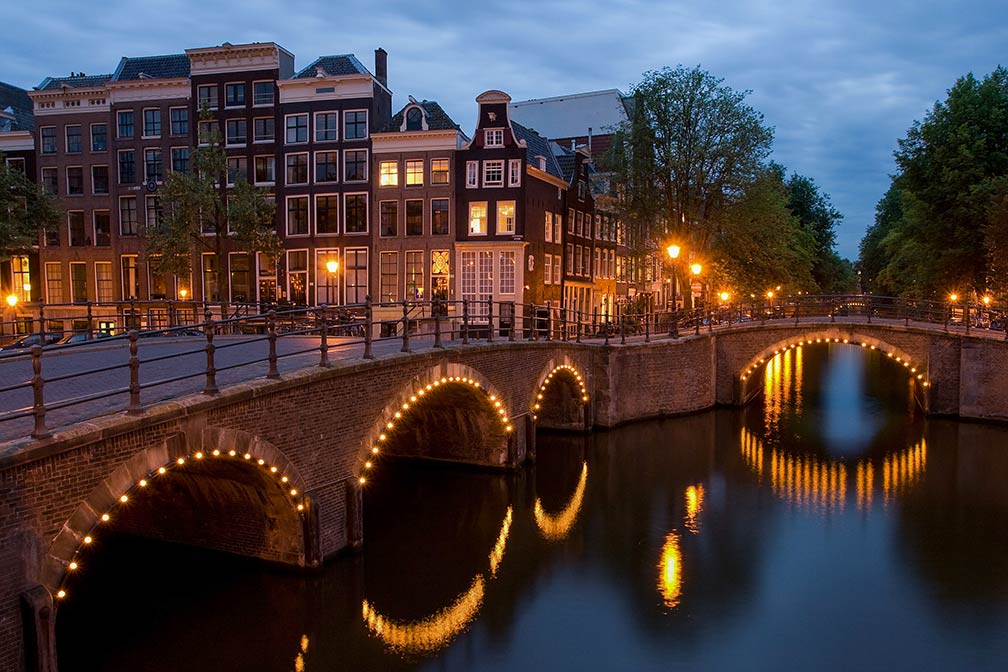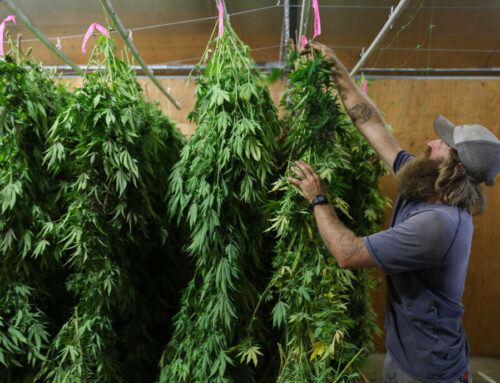Amsterdam’s Cannabis Tourism Dwindles, Paving the Way for New Global Hotspots
LOS ANGELES– In a significant shift, Amsterdam, which has long been a hub for cannabis tourism, is recalibrating its stance on the industry amid rising concerns over crime and public disorder. This change is not only reshaping the city’s approach but also potentially altering the global cannabis tourism landscape, paving the way for new destinations to flourish.
The city’s government has introduced a series of new regulations aimed at curbing the negative impacts associated with the multibillion-dollar industry. These measures include restricting alcohol sales, implementing earlier closing times for bars, and imposing fines for public cannabis consumption. In a more radical move, Amsterdam’s mayor, Femke Halsema, has proposed banning foreigners from cannabis cafés, a decision that could fundamentally change the city’s tourism dynamics.
However, as Amsterdam scales back, other regions are emerging as new hotspots in the global cannabis tourism sector, according to a report by National Geographic. Thailand, South Africa, and several countries in the Americas are witnessing a surge in popularity, capitalizing on the changing dynamics of the industry.
Thailand, which legalized cannabis use last year, is rapidly establishing itself as a significant player in the sector. Thousands of dispensaries have sprung up across the country, catering to a growing influx of tourists. Despite this growth, the nation’s cannabis laws remain intricate, and the shifting political climate casts a shadow of uncertainty over the future of the industry there.
Meanwhile, South Africa has also made strides in the cannabis tourism sector since the decriminalization of private cannabis use in 2018. The country is gradually becoming a preferred destination for cannabis enthusiasts, offering a new and vibrant market for tourists to explore.
In the Americas, various U.S. states, along with Canada and other Latin American countries, are experiencing an expansion in cannabis tourism. This growth is characterized by the emergence of cannabis-themed accommodations, restaurants, and festivals, which are becoming increasingly popular among tourists seeking a unique and immersive experience.
Even Germany is contemplating joining this burgeoning trend. As the country moves cautiously towards legalizing cannabis, there is a potential to develop its own niche in the cannabis tourism sector. However, lawmakers are treading carefully, weighing the pros and cons of encouraging cannabis tourism in the nation.
As the global landscape of cannabis tourism undergoes a transformation, it presents a plethora of opportunities for emerging markets to carve out their own space in the industry. While Amsterdam’s retreat might signify the end of an era, it also heralds the beginning of a new chapter in the global cannabis tourism narrative, with new destinations rising to prominence and offering fresh perspectives and experiences for tourists worldwide.



































